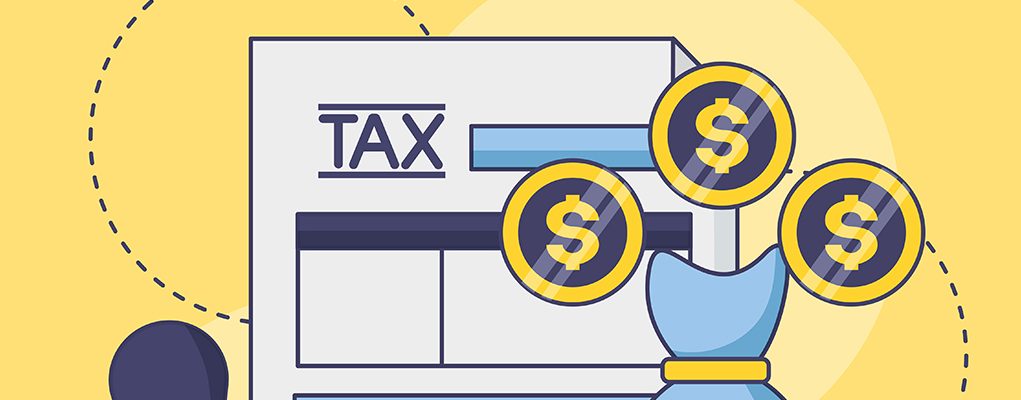The compiled data indicated that the desired trends for achieving 5% smoking prevalence target by 2030 seems only achievable in five states (eg, Washington, Utah, Rhode Island, Massachusetts and Maryland) and the DC. It suggests that majority of states and the USA overall, will miss the target smoking prevalence at the current rate of reduction in smoking. The researcher said that 45 states would need systematic annual increases in cigarette excise tax rate in a range of $0.02–$1.37 per pack over 2022–2030, to meet the target.
Similarly, a recent article by Nancy Brown from the American Heart Association (AHA) said that as the United States is struggling under the weight of the public health and economic crisis caused by the coronavirus pandemic, raising tobacco taxes should be the go to solution. However, science indicates otherwise.
“In the face of the pandemic, states across the geographic and political spectrum — including Georgia, Hawaii, Indiana, Kansas, Minnesota, New Mexico and New York — are actively considering tobacco tax increases during their legislative sessions. Last month, a bipartisan measure increasing revenues for community programs and lowering future health-care costs for governments and businesses in the Maryland Legislature, moved to increase the state’s cigarette tax by $1.75 per pack, the first increase in nearly a decade, and to establish a tax on e-cigarettes to fund tobacco cessation and health programs,” said Brown.
The effects of tobacco taxes
Meanwhile, a recent study published in the Journal of Risk and Uncertainty, looking at the effects of traditional cigarette and e-cigarette tax rates on adult tobacco consumption rates, found that increased tax rates on vaping products are directly proportional to increased smoking rates.
The study titled, “The effects of traditional cigarette and e-cigarette tax rates on adult tobacco product use,” analysed the effects of taxes on traditional cigarettes and vaping products, on use patterns of these same products among adults in the United States. The researchers examined data from the Behavioral Risk Factor Surveillance System and National Health Interview Survey (NHIS), over the period from 2011 to 2018.
The research found evidence that higher taxes on traditional cigarettes reduce adult smoking and increase adult e-cigarette use. Similarly, higher e-cigarette tax rates increased traditional cigarette use and reduced vaping.
“Cross-tax effects imply that the products are economic substitutes. Our results suggest that a proposed national e-cigarette tax of $1.65 per millilitre of vaping liquid would raise the proportion of adults who smoke cigarettes daily by approximately 1 percentage point, translating to 2.5 million extra adult daily smokers compared to the counterfactual of not having the tax,” read the study Abstract.












